On the afternoon of November 4, the Francophone University Organization (AUF) and the Department of Information and Communications of Ho Chi Minh City jointly organized the International Workshop "Training high-quality human resources to serve the smart urban development strategy: International experience, cooperation potential, implementation solutions".
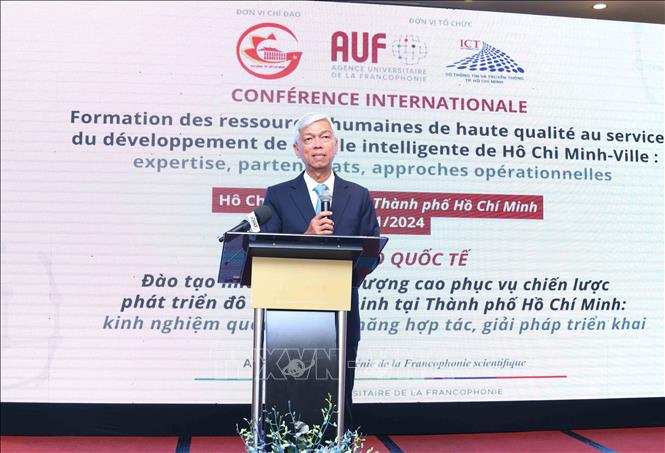
Mr. Vo Van Hoan, Vice Chairman of the Ho Chi Minh City People's Committee, said that in recent times, the City has achieved many remarkable achievements in economic development, especially in the industrial and information technology sectors. The goal by 2030 is to strive to build the City into a smart, modern, humane, dynamic and creative city with a good quality of life, a modern service and industrial city, leading in digital economy, digital society, a center for finance, commerce, culture, education, science and technology, deeply integrated with the international community.
According to Mr. Vo Van Hoan, to achieve this goal, the City needs new production human resources such as digital human resources and digital technology; forming new production factors such as digital data and needing new driving force which is digital innovation. Along with the determination of the government, people and businesses, the City is very interested in the connection, cooperation, support and collaboration of domestic and foreign organizations. The City hopes that the Francophone University Organization and other international organizations will accompany, open up many cooperation opportunities and implement breakthrough technology projects in healthcare, education, transportation, urban and environmental areas, etc., in order to create new values for the community.
Regarding the results and orientation of digital transformation and smart urban areas of the City, Mr. Lam Dinh Thang, Director of the Department of Information and Communications, shared that implementing the Digital Transformation Program and the Smart Urban Development Project, the City focuses on issues of institutions, digital awareness, digital infrastructure, digital data, digital government, digital economy and digital society and has achieved some positive results. Currently, the City spends 1.22% of its budget on digital transformation and information technology, higher than the national minimum of 1%. Many policies have been implemented by the City such as exemption and reduction of fees and charges for online public services; policies to attract experts, scientists, and talented people in this field... The City has gradually completed digital infrastructure and digital government from the City to the commune level; ensuring technical infrastructure to promote the digital economy and digital society; management, operation of shared data warehouses... The city is promoting specific solutions to develop the digital economy to achieve the target of contributing 25% to GRDP by 2025 and 40% by 2030.
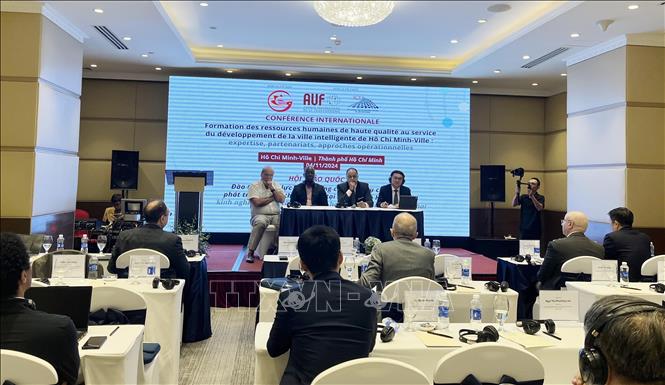
Mr. Lam Dinh Thang said that the City's policy is to move towards dual transformation - digital transformation combined with green transformation. This orientation poses many challenges in terms of human resources. The City is lacking a team of experts with in-depth consulting expertise in high technology, core technologies such as AI, microchips, big data, etc.; the information technology capacity of the staff, civil servants and public employees is not high. The issue that the City is particularly concerned about is developing high-quality human resources, developing a network of experts in new technologies, and improving the digital capacity of staff and public employees.
To thoroughly solve these existing problems, Mr. Slim Khalbous, General Director of AUF, said that it is necessary to combine resources from many parties, including the government, universities, businesses and international partners. The assessment of AUF experts in the Advisory Report on human resource training orientation for smart cities shows that there is great potential in developing cooperation programs and projects between the Francophone scientific community.
International experts believe that the City should first identify more clearly the human resource needs of this field in order to have appropriate orientation and training programs. Experts suggest that the City should focus on short-term training (focusing on civil servants, citizens, and businesses) and long-term training (training levels in higher education).
According to Mr. Gayo Diallo, University of Bordeaux (France), at the university level, it is urgent to train future lecturers; identify foreign university partners to develop cooperation programs and projects, including the Francophone sector; and develop master's training programs. At the city level, it is necessary to focus on training managers and have a training plan on priority topics for this team.
According to VNA
Source: https://doanhnghiepvn.vn/chuyen-doi-so/tao-nguon-nhan-luc-chat-luong-cao-phuc-vu-phat-trien-do-thi-thong-minh/20241105101518716


![[Photo] "Lovely" moments on the 30/4 holiday](https://vstatic.vietnam.vn/vietnam/resource/IMAGE/2025/5/1/26d5d698f36b498287397db9e2f9d16c)
![[Photo] Binh Thuan organizes many special festivals on the occasion of April 30 and May 1](https://vstatic.vietnam.vn/vietnam/resource/IMAGE/2025/5/1/5180af1d979642468ef6a3a9755d8d51)
![[Photo] Ha Giang: Many key projects under construction during the holiday season](https://vstatic.vietnam.vn/vietnam/resource/IMAGE/2025/5/1/8b8d87a9bd9b4d279bf5c1f71c030dec)
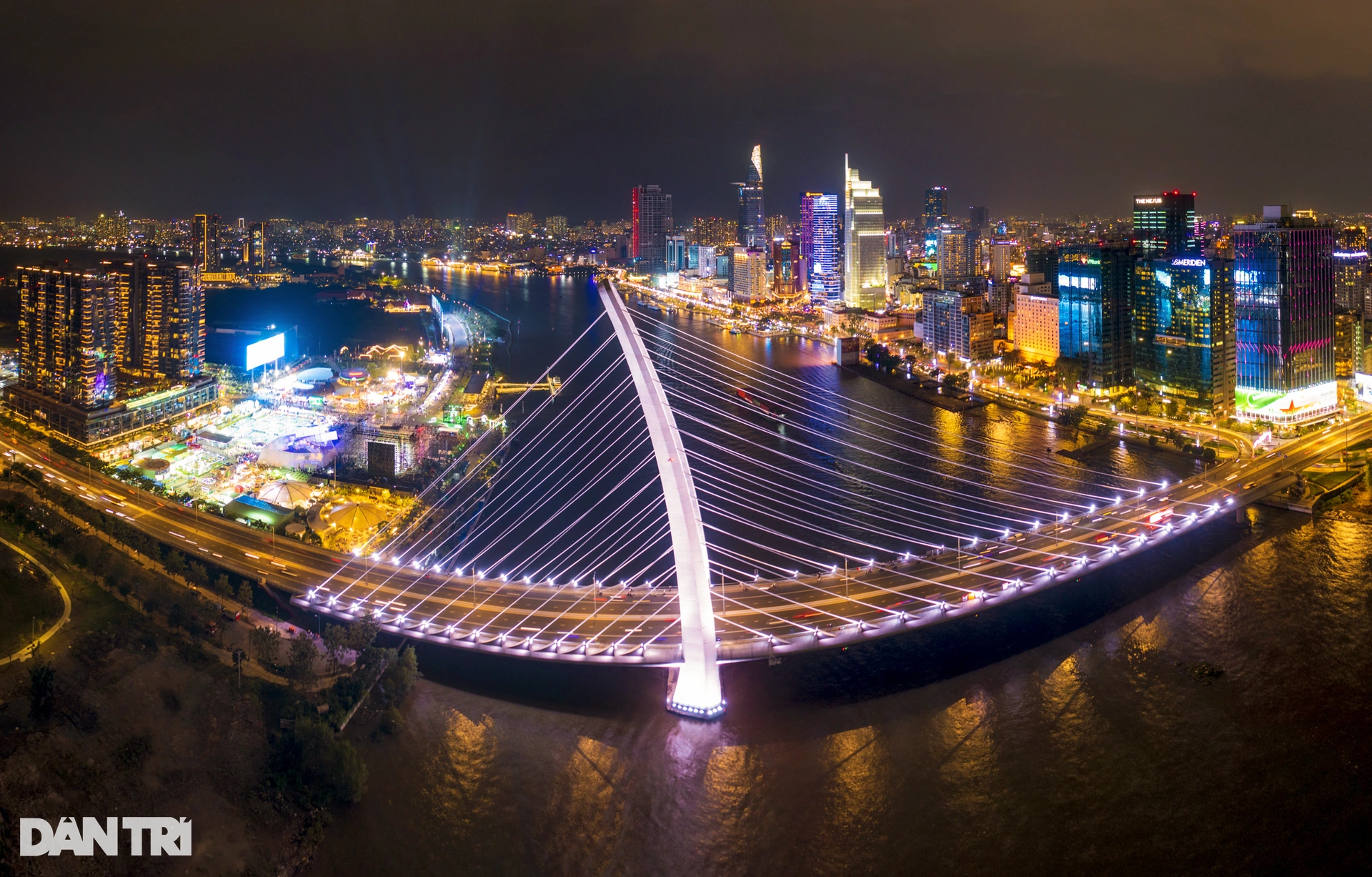


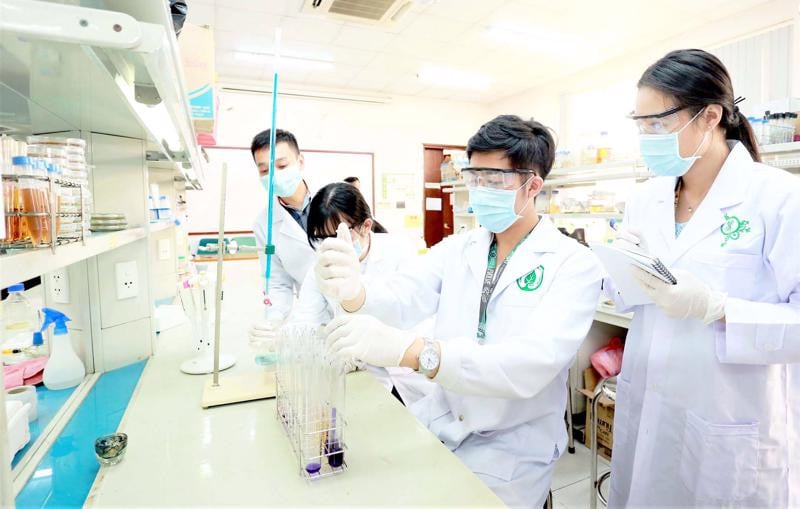

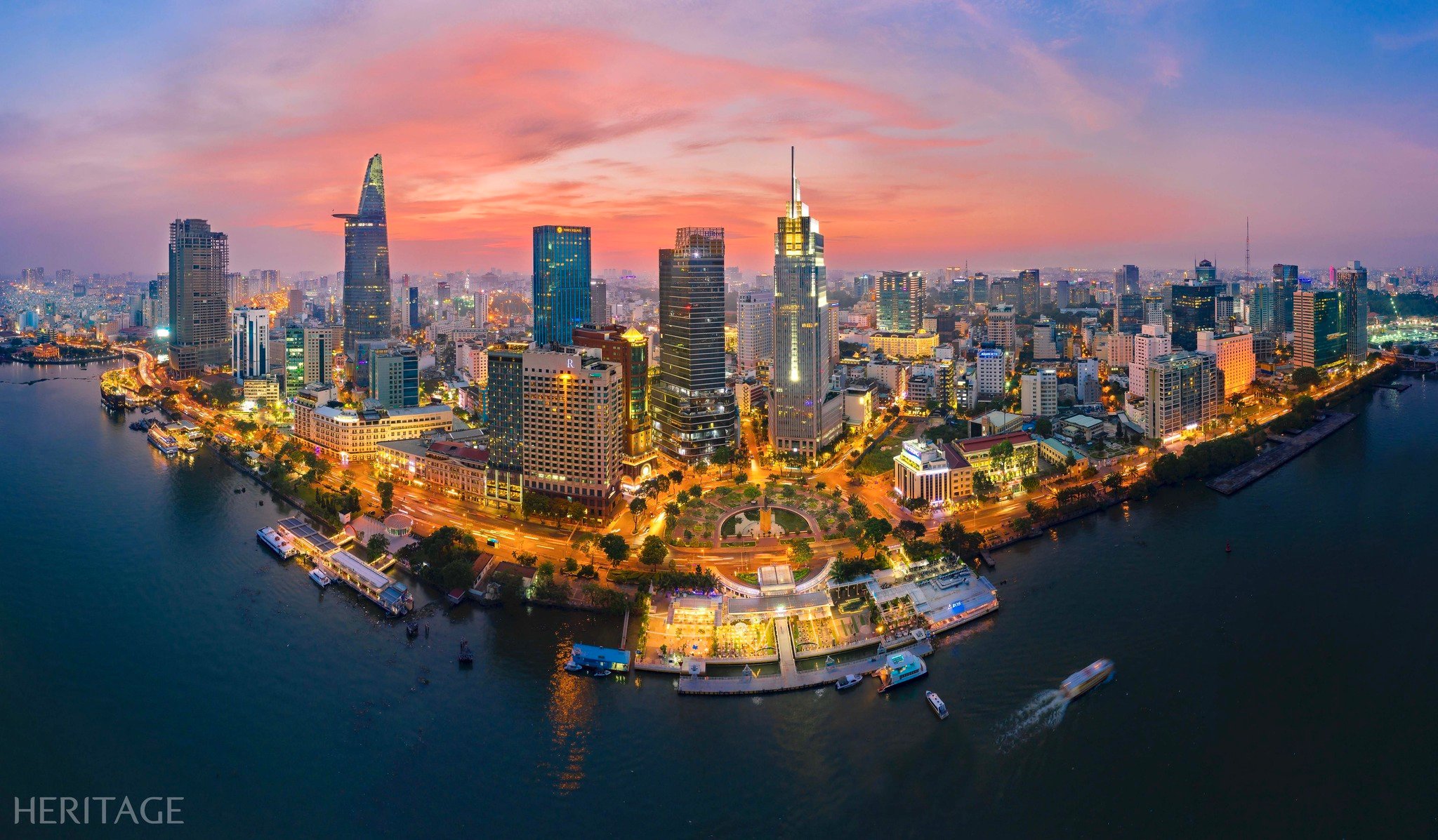

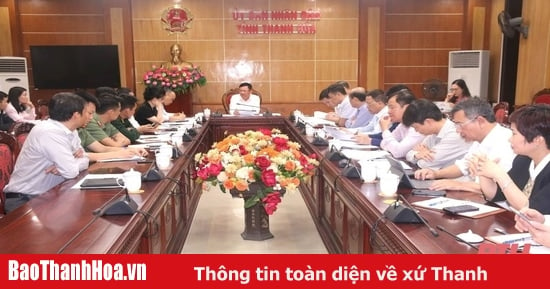

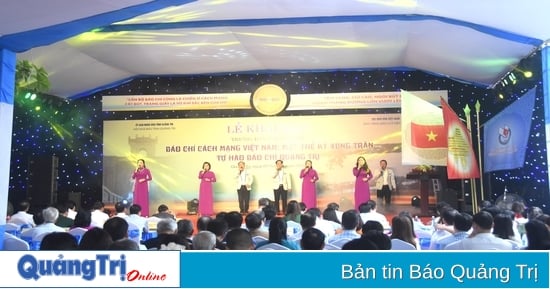
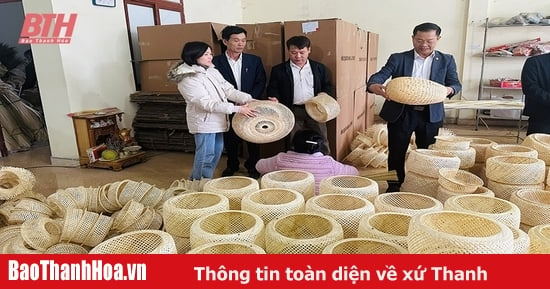
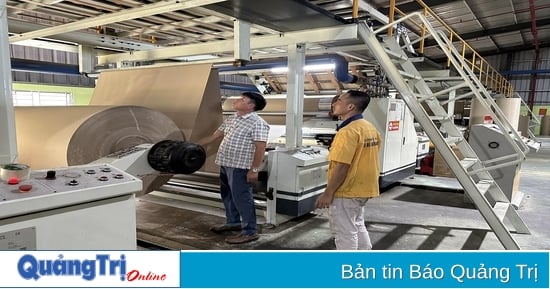

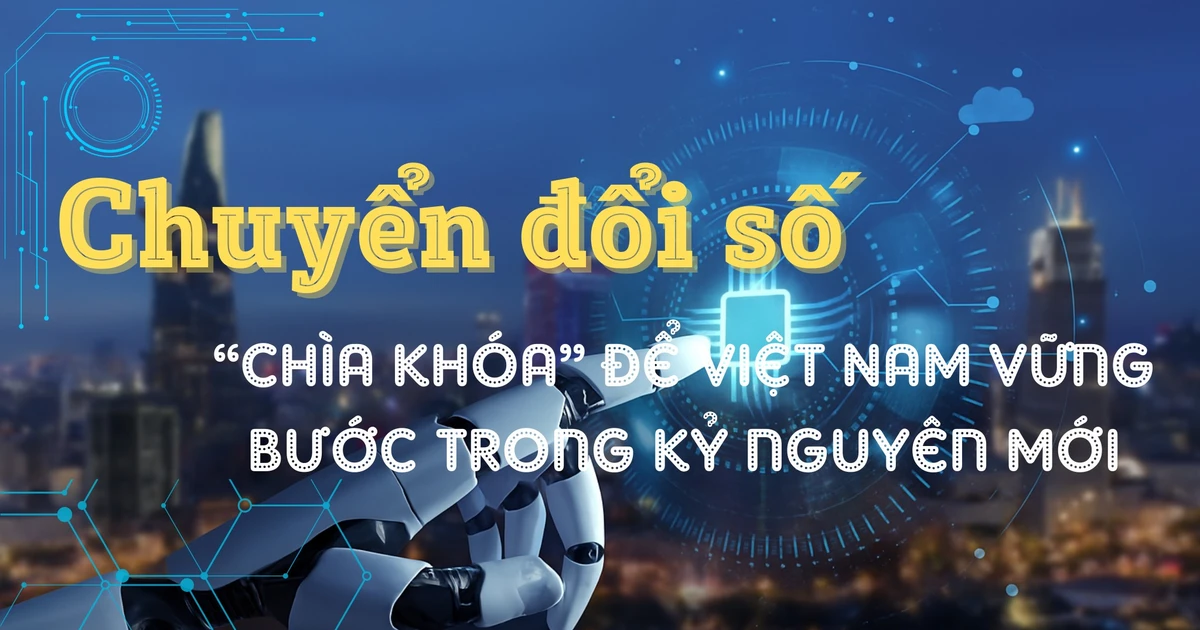
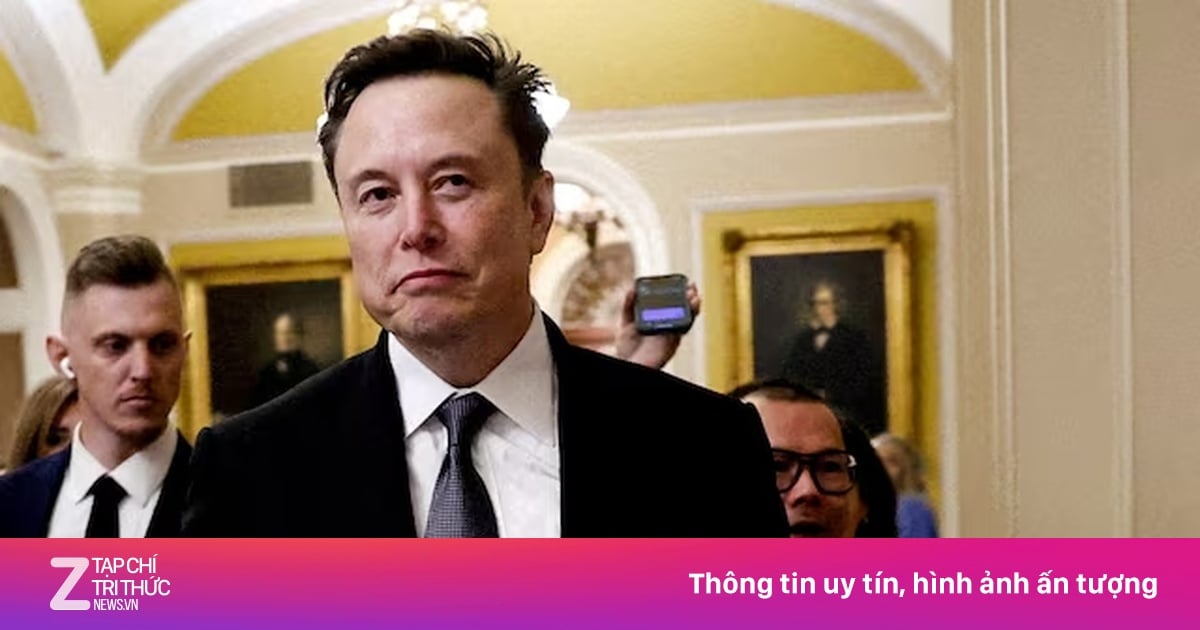
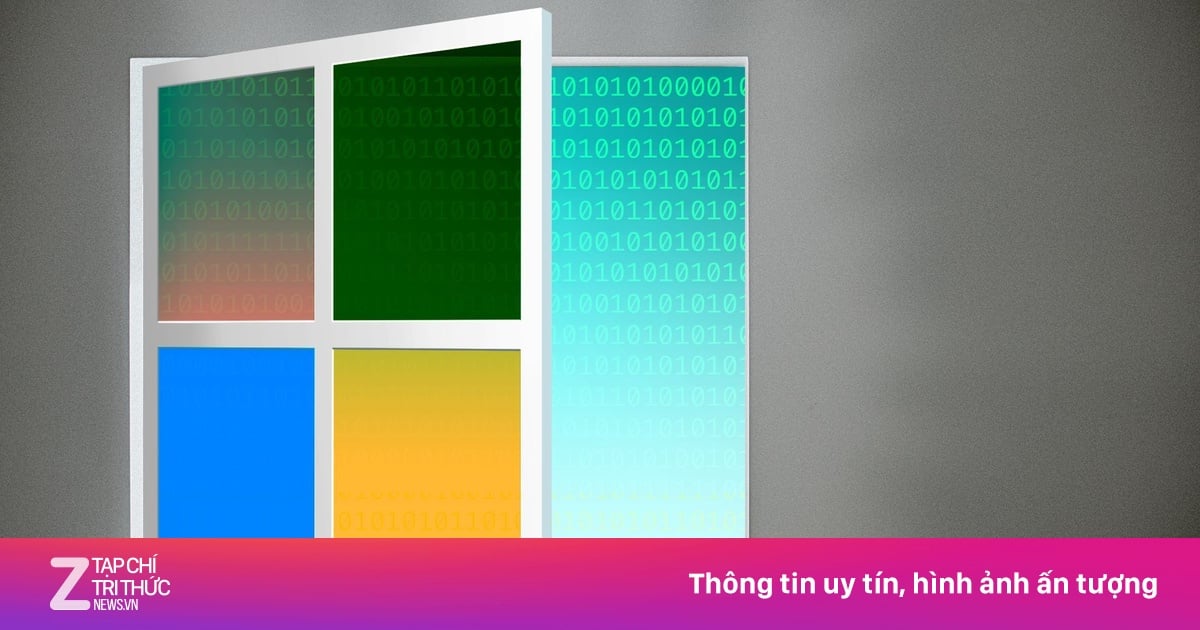
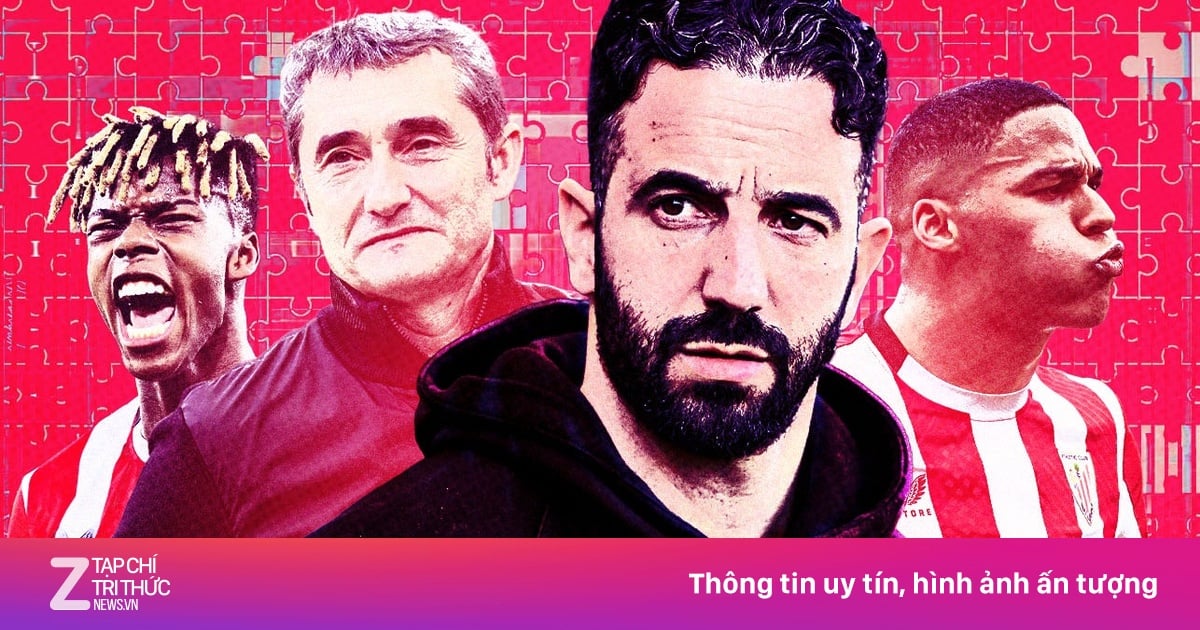
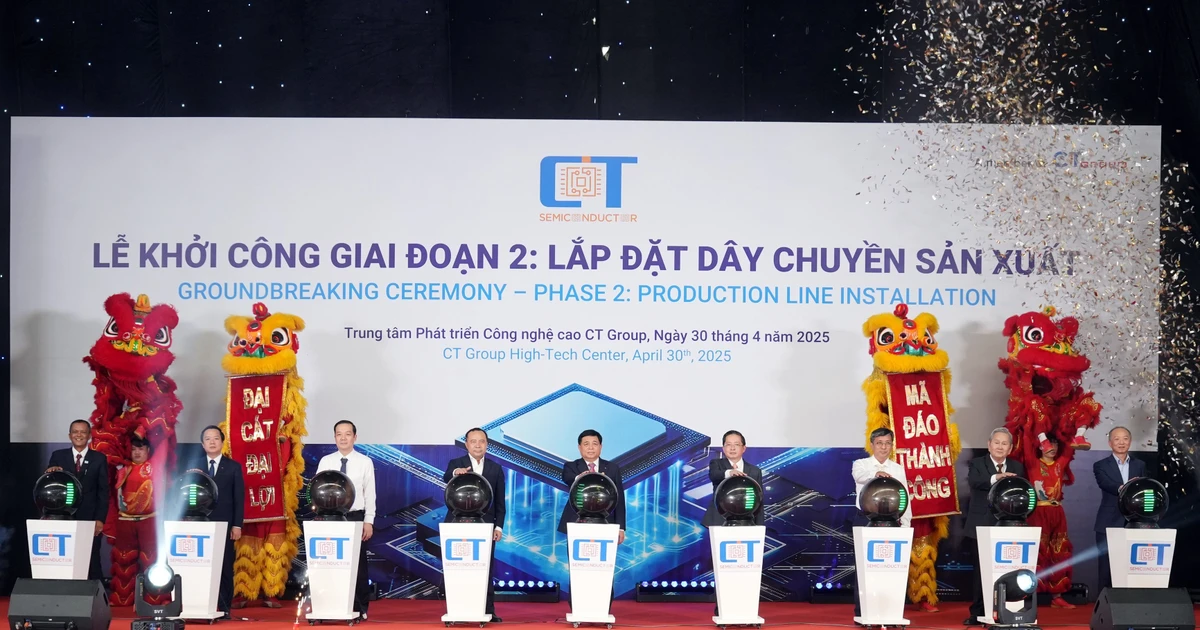



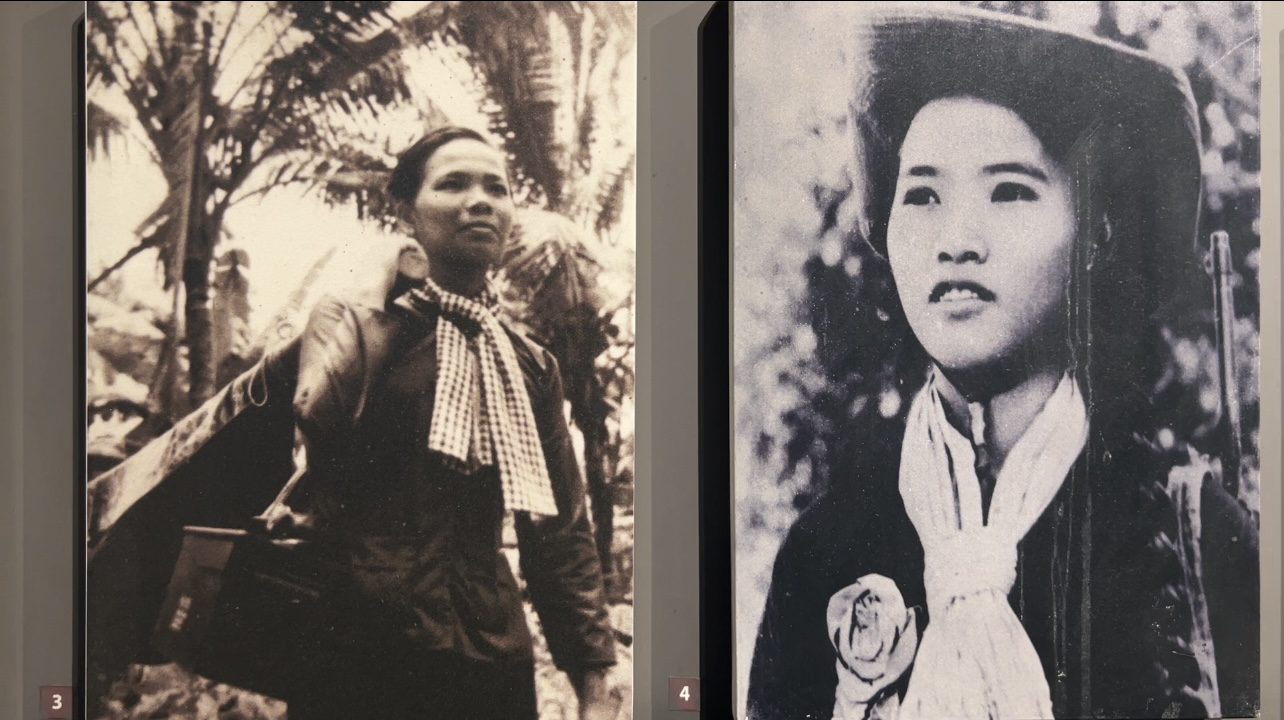

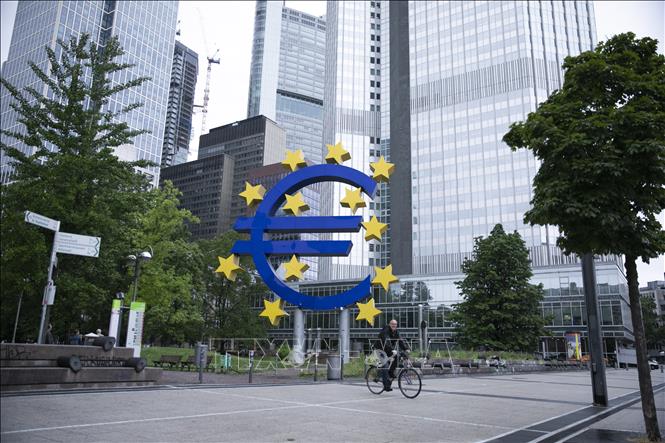


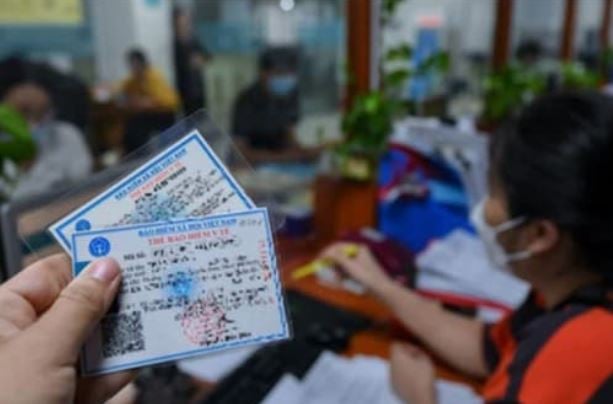

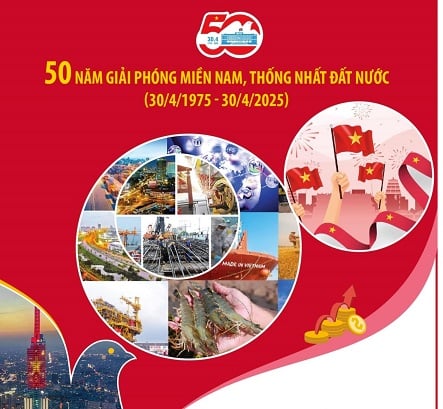
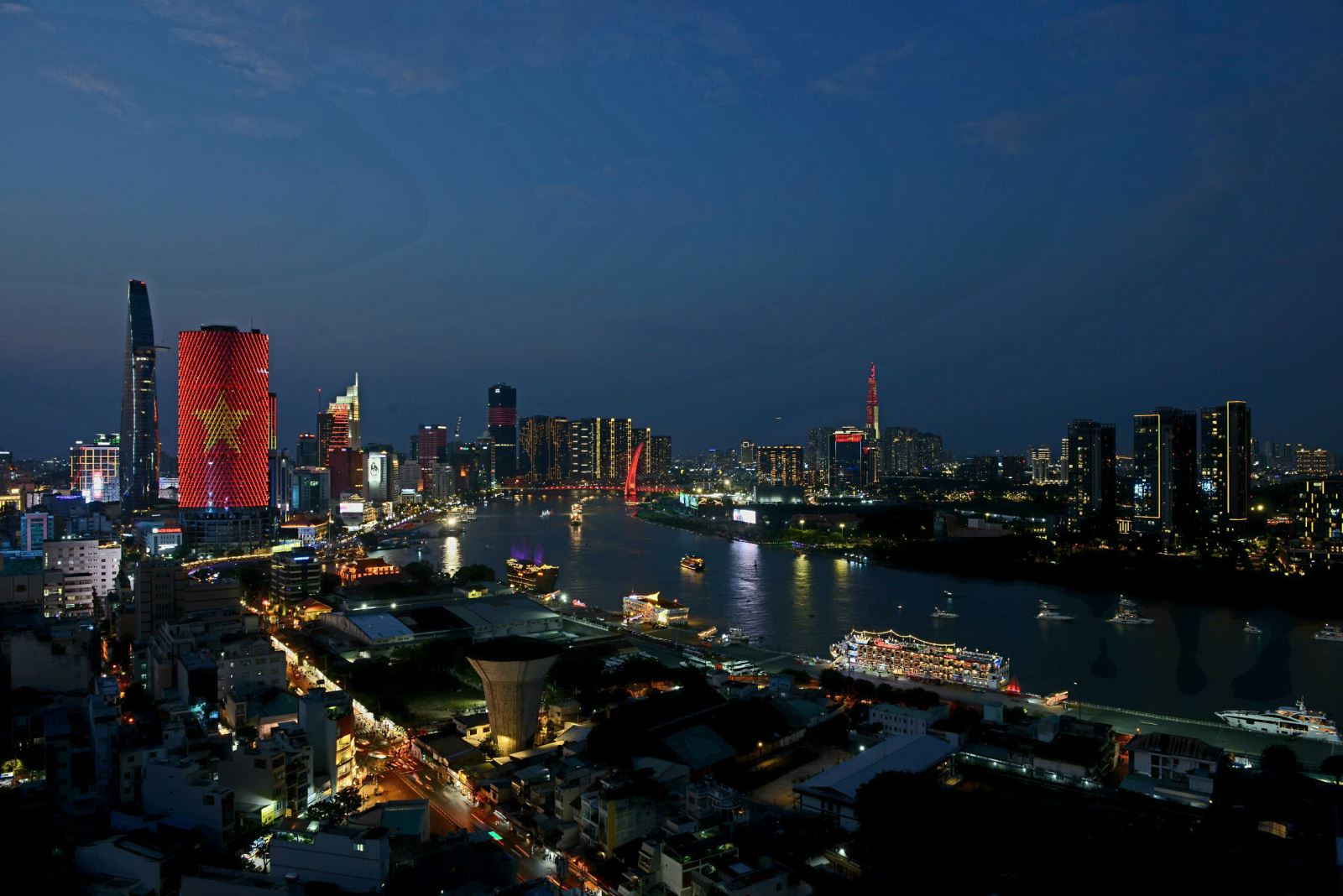



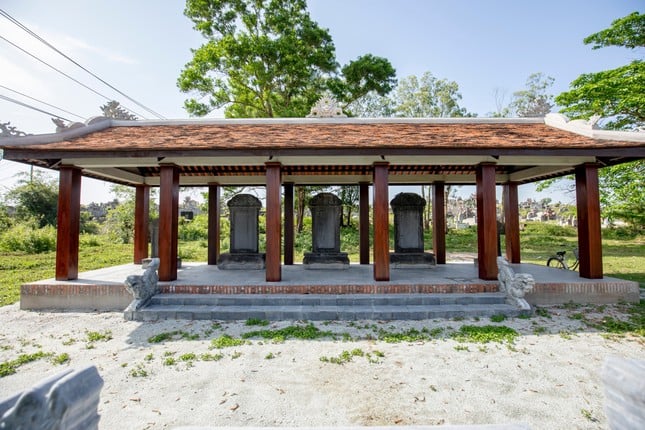



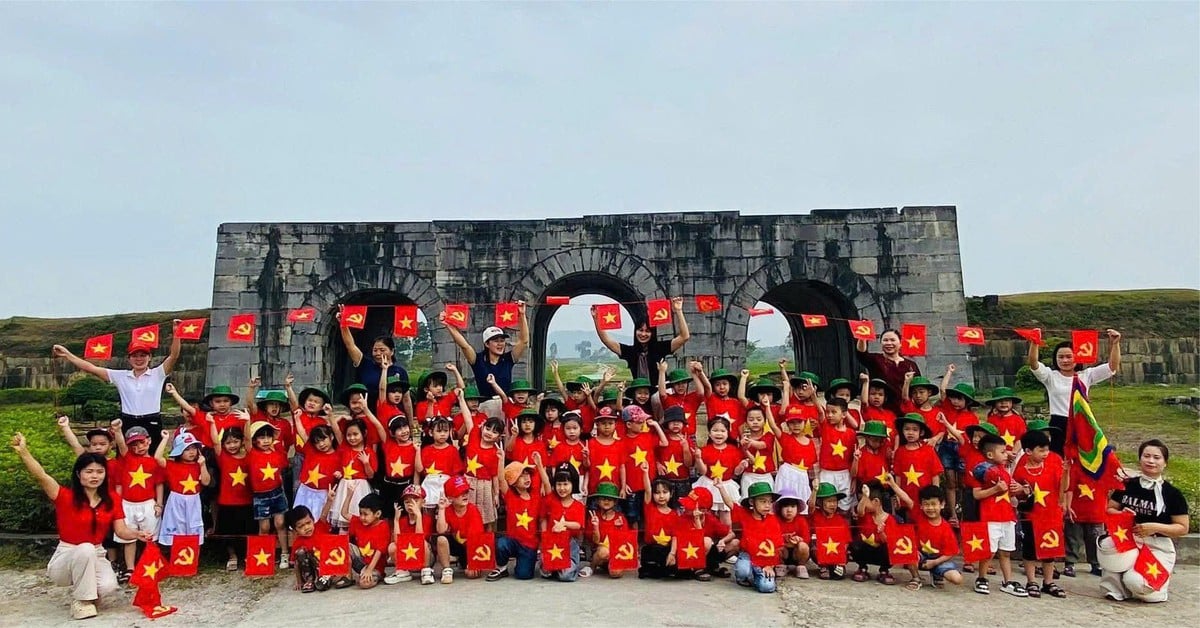






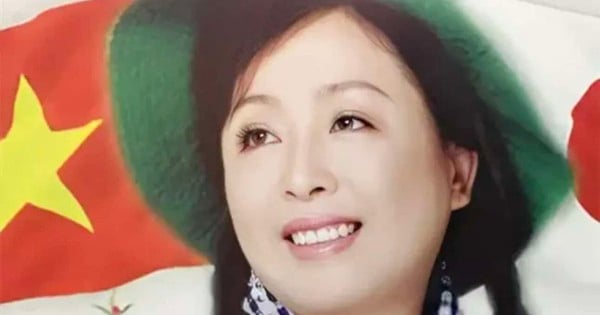


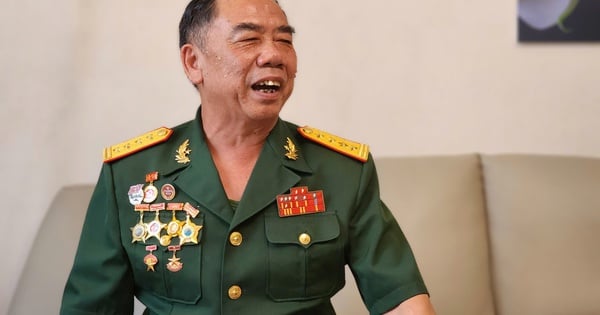

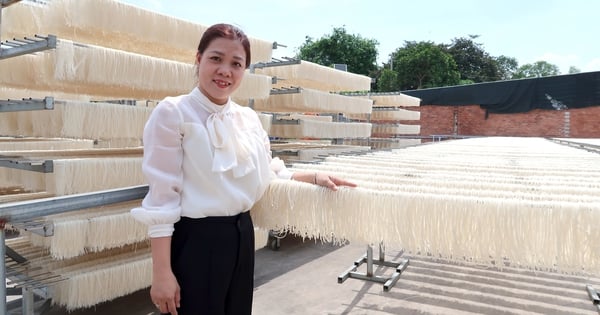














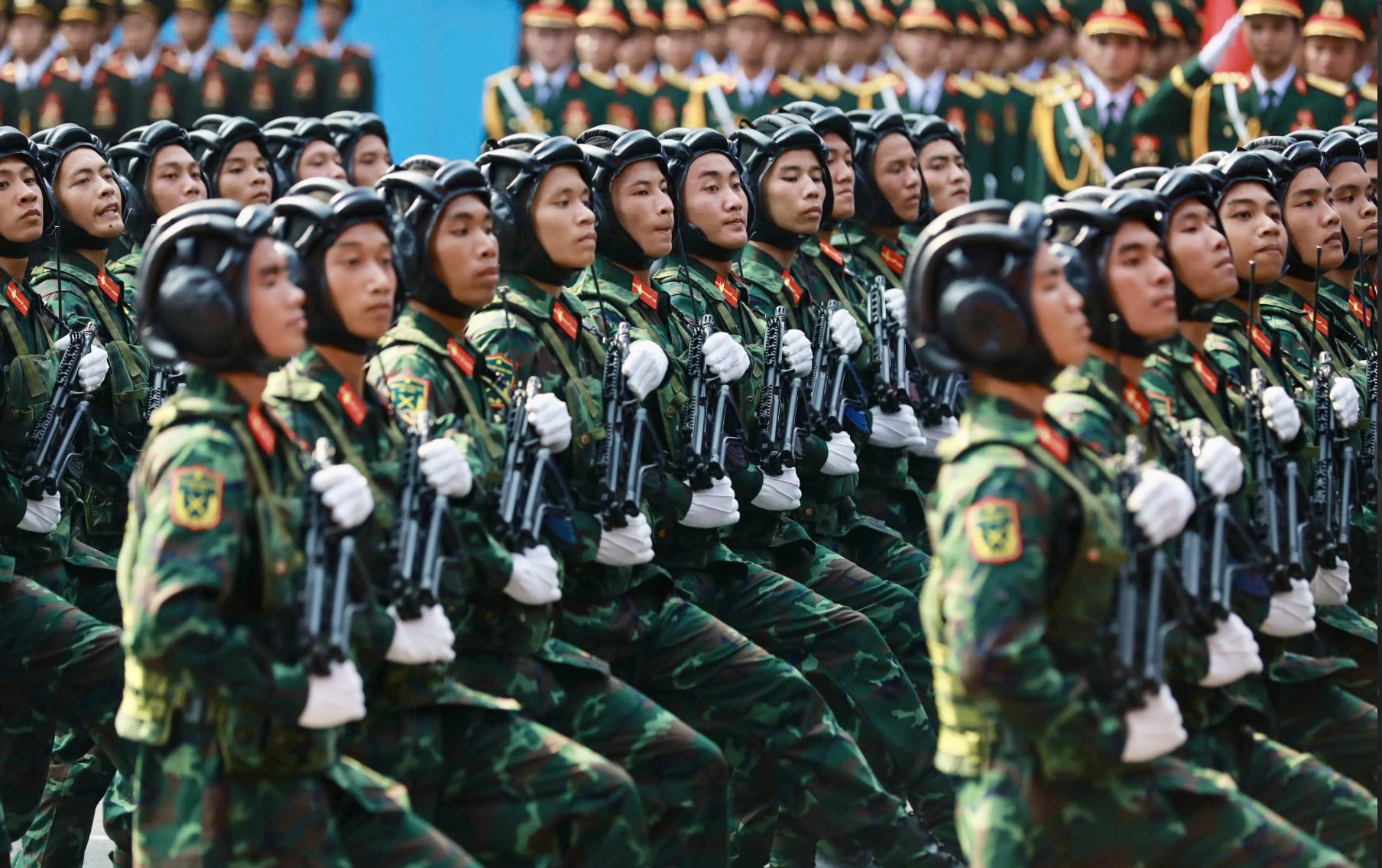









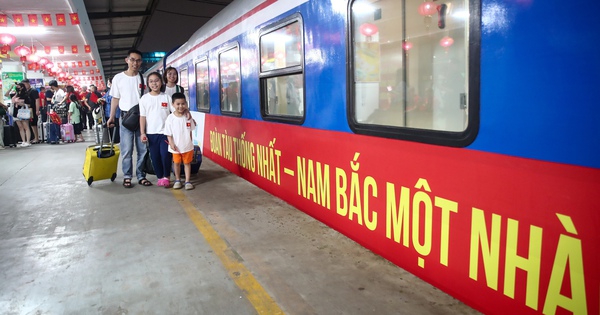


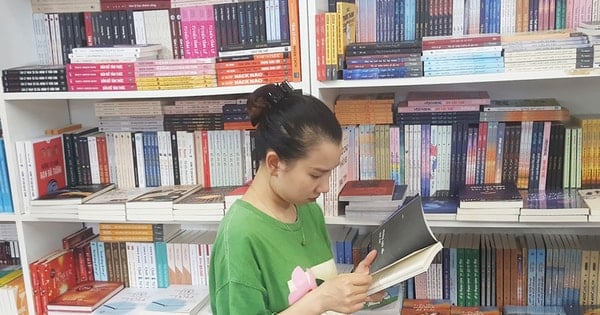



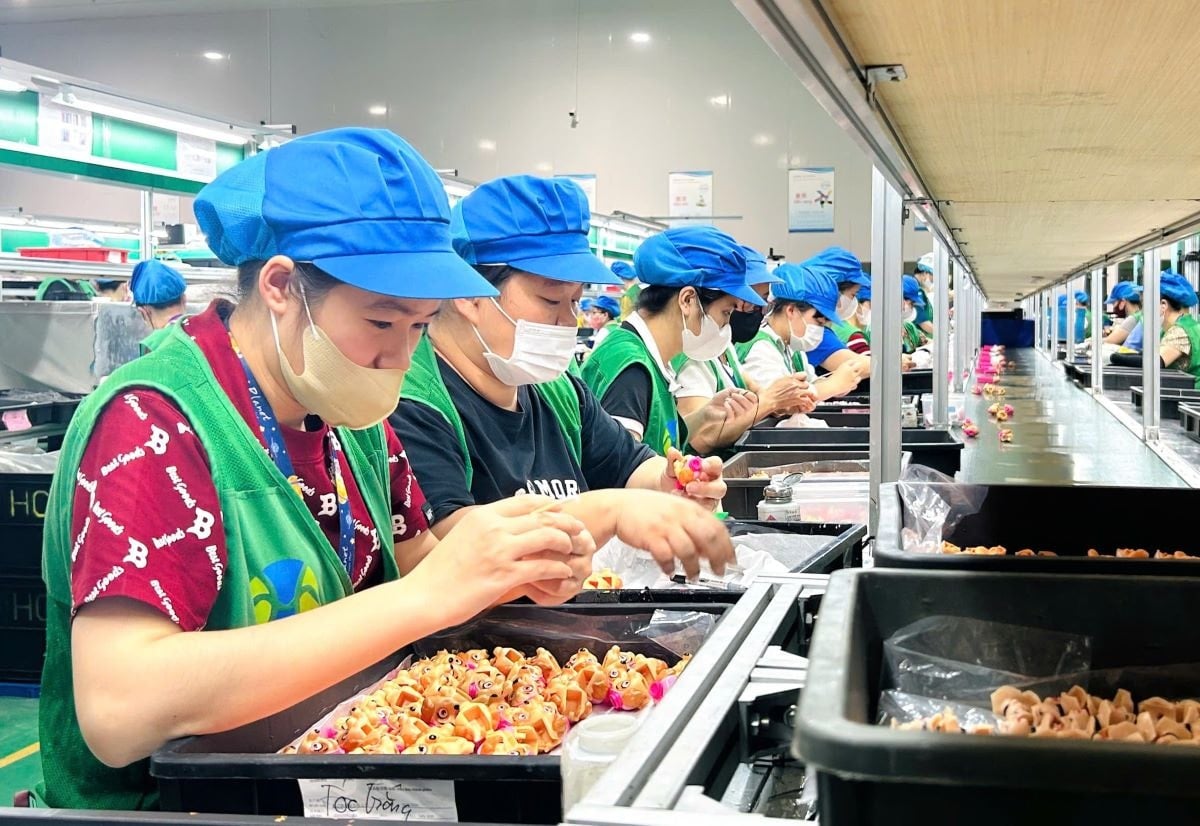


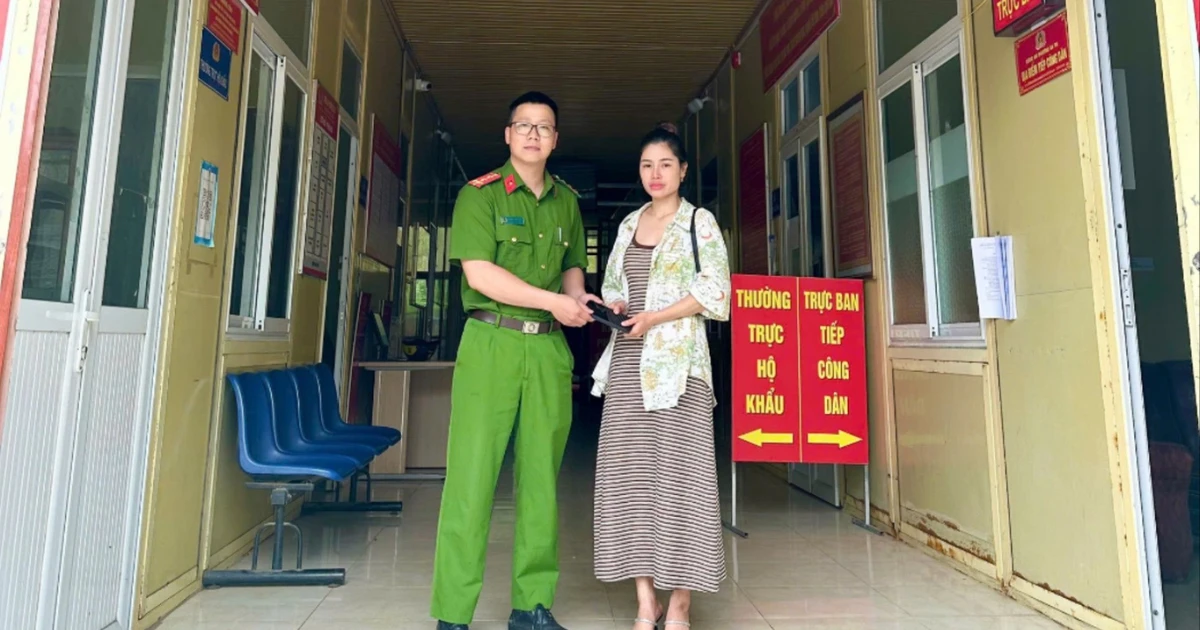

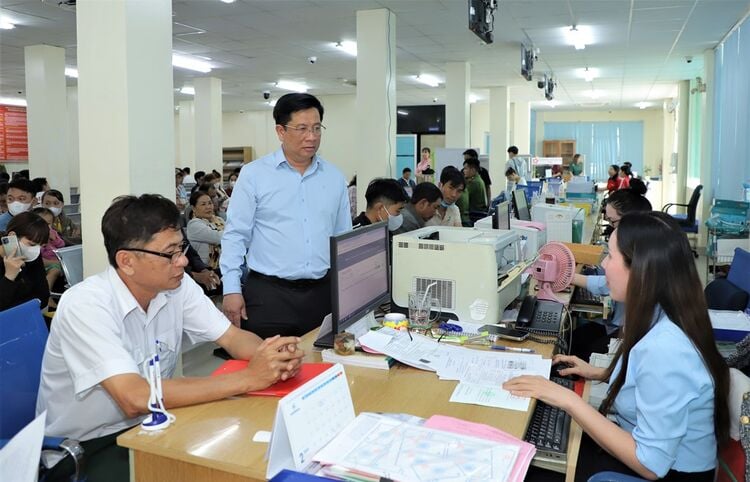






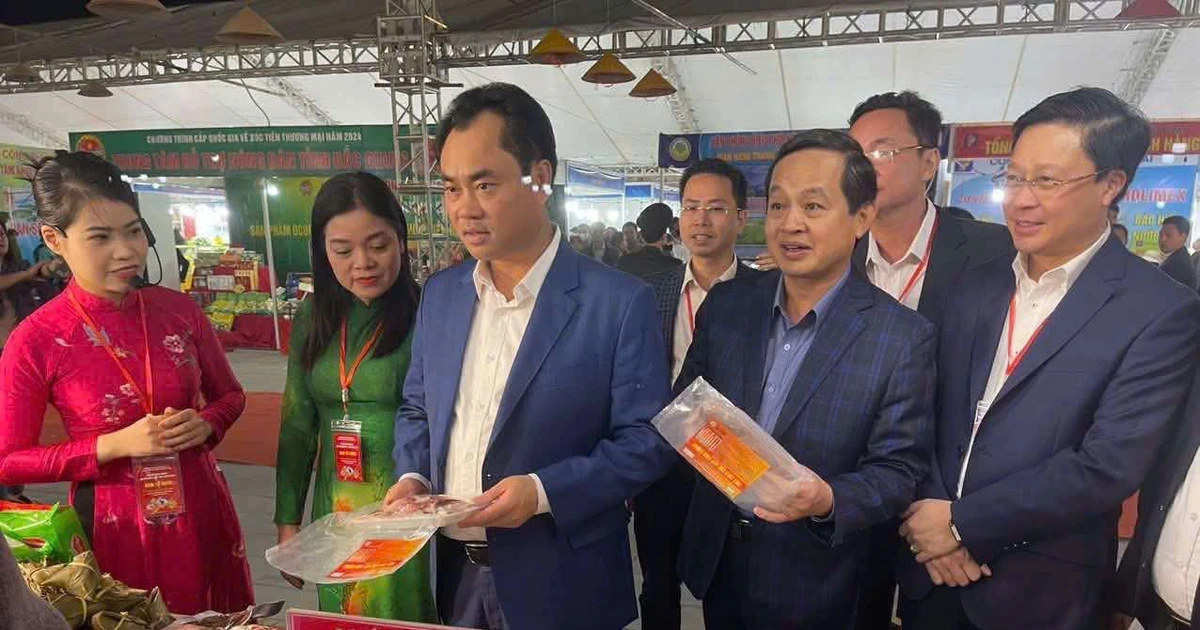



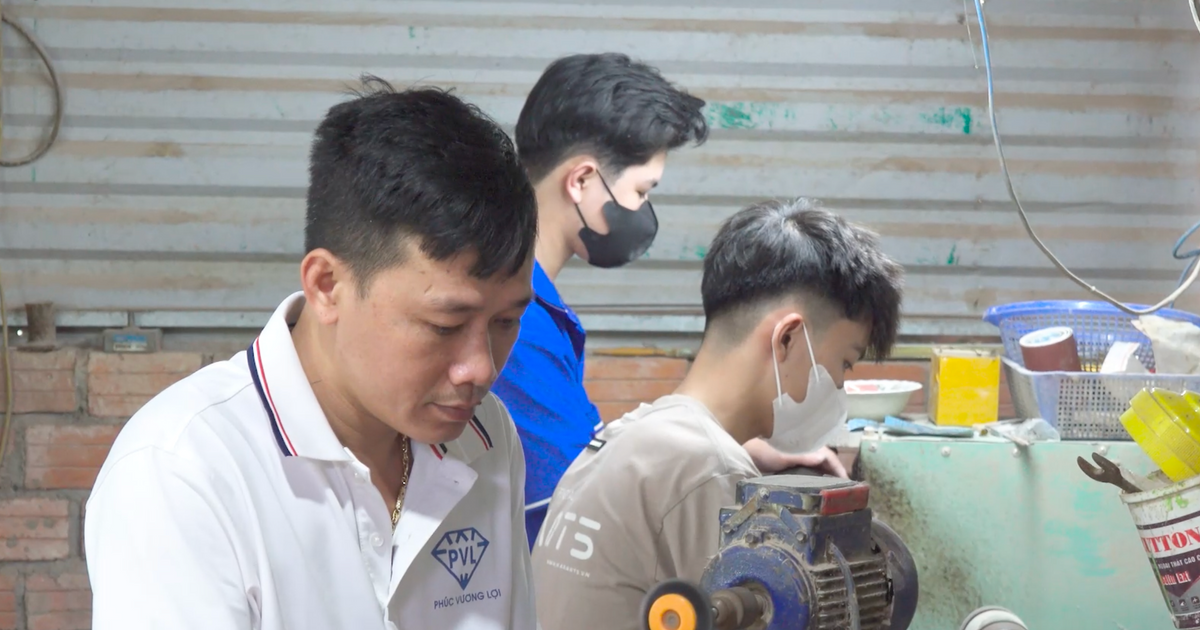

Comment (0)